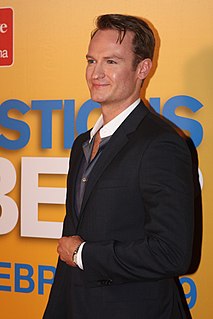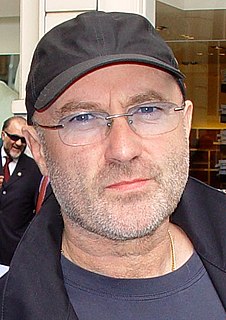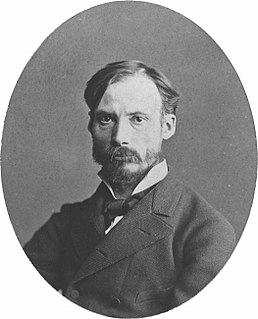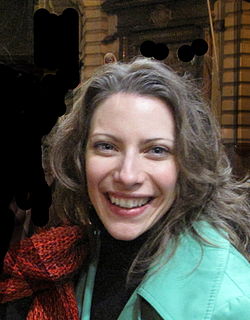A Quote by Josh Lawson
It's very rare that someone who is so good at the language of numbers, is as good at the language of life. They're two very different worlds.
Related Quotes
When we start making distinctions between soul and spirit, we're in very, very murky waters. There is the whole issue of the English language, which has a rather limited vocabulary when it comes to psychological descriptions, not to speak of spiritual descriptions. We're good mythically - the English language is superb for myth. But we're not very good for psychology or spirituality.
There is something false in this search for a purely feminine writing style. Language, such as it is, is inherited from a masculine society, and it contains many male prejudices. We must rid language of all that. Still, a language is not something created artificially; the proletariat can't use a different language from the bourgeoisie, even if they use it differently, even if from time to time they invent something, technical words or even a kind of worker's slang, which can be very beautiful and very rich. Women can do that as well, enrich their language, clean it up.
Therefore, the two processes, that of science and that of art, are not very different. Both science and art form in the course of the centuries a human language by which we can speak about the more remote parts of reality, and the coherent sets of concepts as well as the different styles of art are different words or groups of words in this language.
We're living in a time when the sheer amount of language has exponentially increased. As writers, if we wish to be contemporary, I think we need to acknowledge that the very nature of the materials that we're working with - the landscape of language - is very different than it was a few decades ago.
If a novel is written in a certain language with certain characters from a particular community and the story is very good or illuminating, then that work is translated into the language of another community - then they begin to see through their language that the problems described there are the same as the problems they are having. They can identify with characters from another language group.
We believe we can also show that words do not have exactly the same psychic "weight" depending on whether they belong to the language of reverie or to the language of daylight life-to rested language or language under surveillance-to the language of natural poetry or to the language hammered out by authoritarian prosodies.
I actually had someone say to me, 'Lynn, you're going to have very good days, and you're going to have very bad days. But It's rare that things are as good as they look, and it's rare that things are as bad as they seem.' So having perspective, and challenging perspective, is important to making good decisions.
When you speak a foreign language, you become someone else. If you aren't used to speaking a language, and you start speaking it again, for the first few sentences you'll find yourself in very strange shape, because you're still the person who was speaking the first language. But if you keep speaking that language, you will become the person who corresponds to it.




































